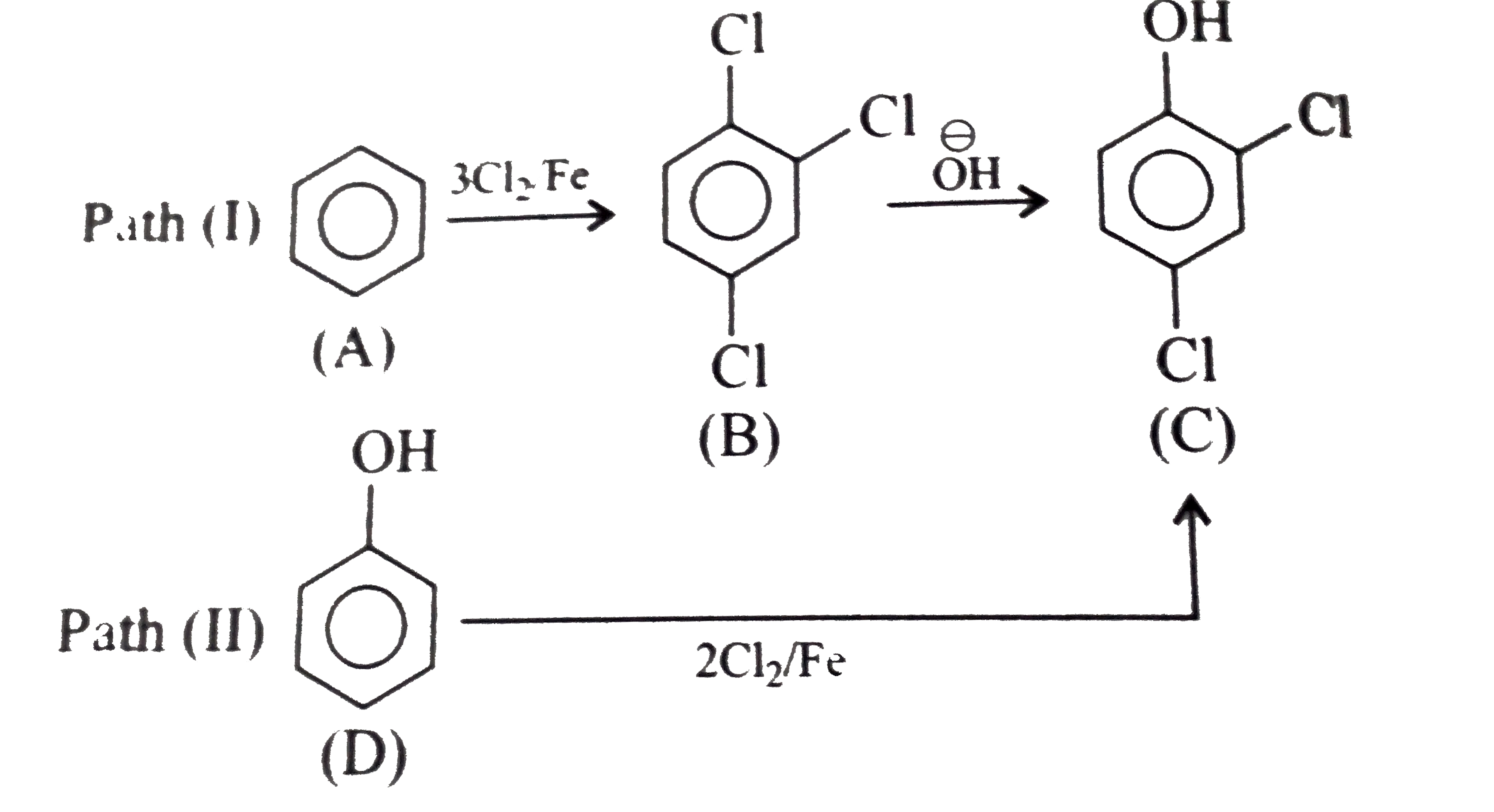Which of the following statemant is correct?
A
oxidation involves gain of electron
B
substance which is reduced is redusing agent
C
exothermic process involves absorption of heat
D
oxidation involves loss of electrons
Video Solution
Text Solution
The correct Answer is:D
|
Answer
Step by step video, text & image solution for Which of the following statemant is correct? by Chemistry experts to help you in doubts & scoring excellent marks in Class 10 exams.
Updated on:21/07/2023Topper's Solved these Questions
- CHEMICAL REACTIONSBOOK - MCGROW HILL PUBLICATIONCHAPTER - CHEMICAL REACTIONSEXERCISE - HIGHER ORDER THINKING QUESTIONS
10 Videos
- CHEMICAL BONDINGBOOK - MCGROW HILL PUBLICATIONCHAPTER - CHEMICAL BONDINGEXERCISE - HIGHER ORDER THINKING QUESTIONS
10 Videos
- MATTERBOOK - MCGROW HILL PUBLICATIONCHAPTER - MATTEREXERCISE - HIGH ORDER THINKING QUESTIONS
10 Videos
Similar Questions
Knowledge Check
Which of the following statemts is not correct ?
AAntipyretics are substances which are used to reduce the body tempratureBAnlgesics are substance which are used to relieve painCantisptics and disin fectants can be used for the same purposesDAntiseptics can be safely applied on living beings whereas sisn featancts are not safe to applyWhich of the following statement is/are correct ?
AIn K3[Fe(CN)6], the ligand satisfies only the secondary valencies of ferric ion.BIn K3[Fe(CN)6], the ligand satisfies both primary and secondary valencies of ferric ion.CIn K3[Fe(CN)6], the ligand satisfies only the secondary valencies of ferrous ion.DIn [Cu(NH3)4]SO4, the ligand satisfies only the secondary valencies of copper.Which of the following statements is/are correct about the following is/are correct about the following reactions ?
 ABoth paths I and II are feasible.BPath I is feasible.CPhenol cannot be chlorinated the ring is susceptible to oxidation by CI2.DThe formation of (C ) form (B) proceeds by ArSN reaction (addition-elimination).
ABoth paths I and II are feasible.BPath I is feasible.CPhenol cannot be chlorinated the ring is susceptible to oxidation by CI2.DThe formation of (C ) form (B) proceeds by ArSN reaction (addition-elimination).
Which of the following statements is/are correct?
View SolutionWhich of the following statements is/are correct?
View SolutionWhich of the following statements is (are) correct ?
View SolutionWhich of the following statements is/are correct ?
View SolutionWhich of the following statement is (are) correct ?
View Solution
